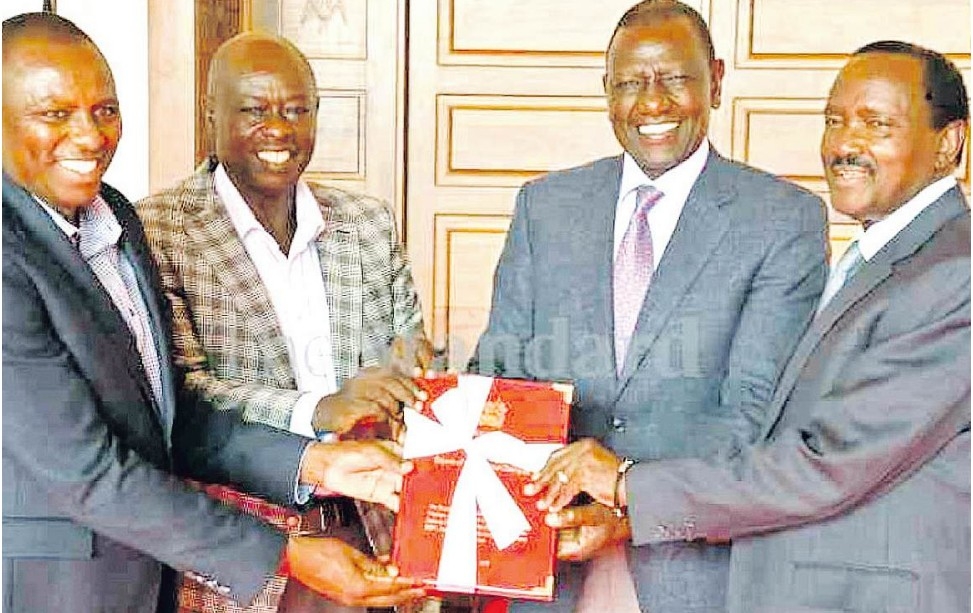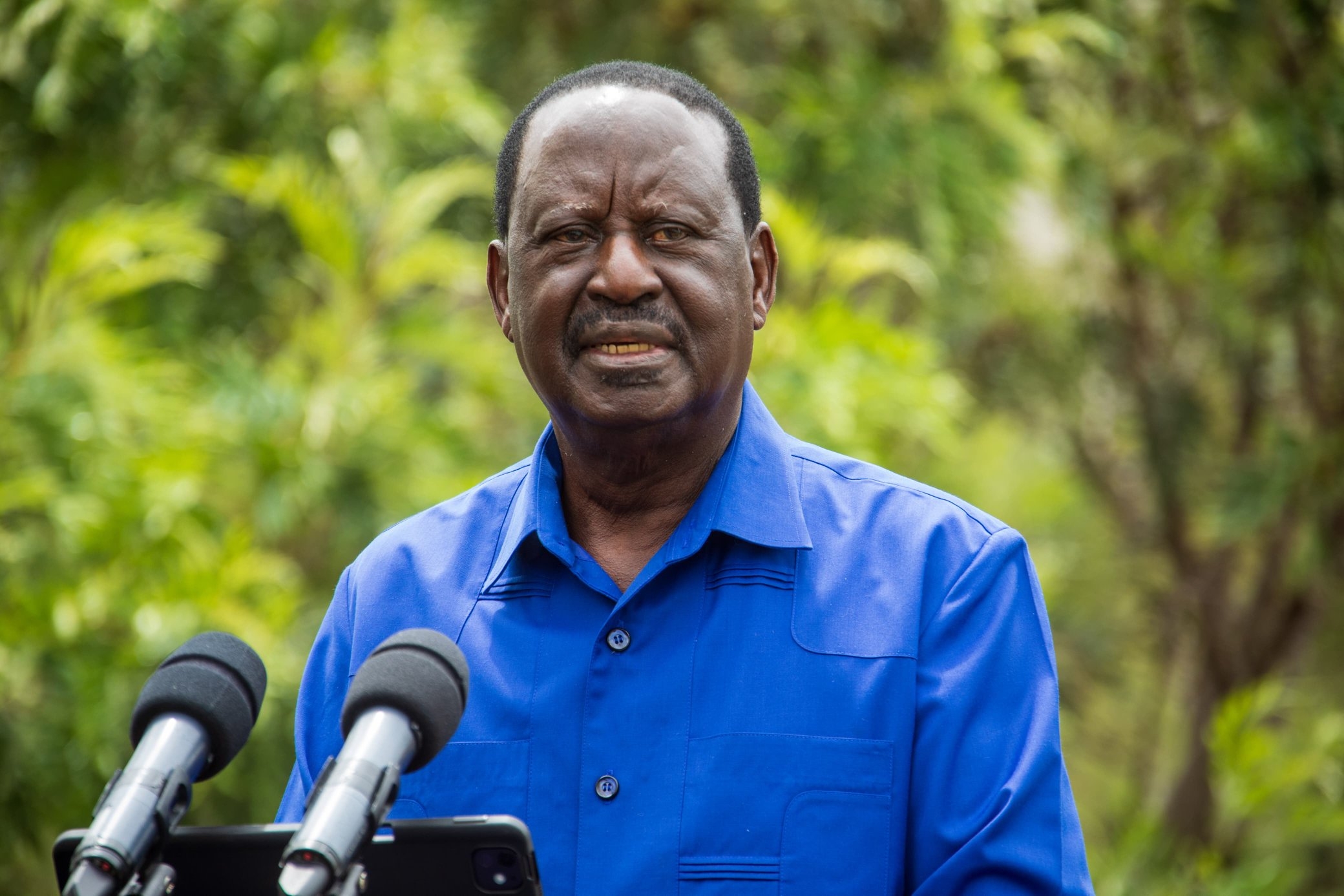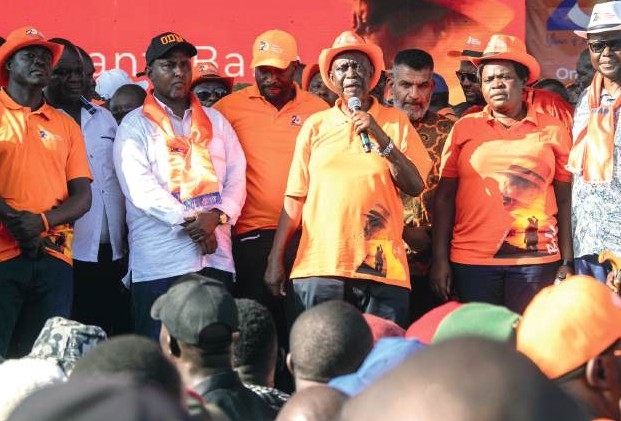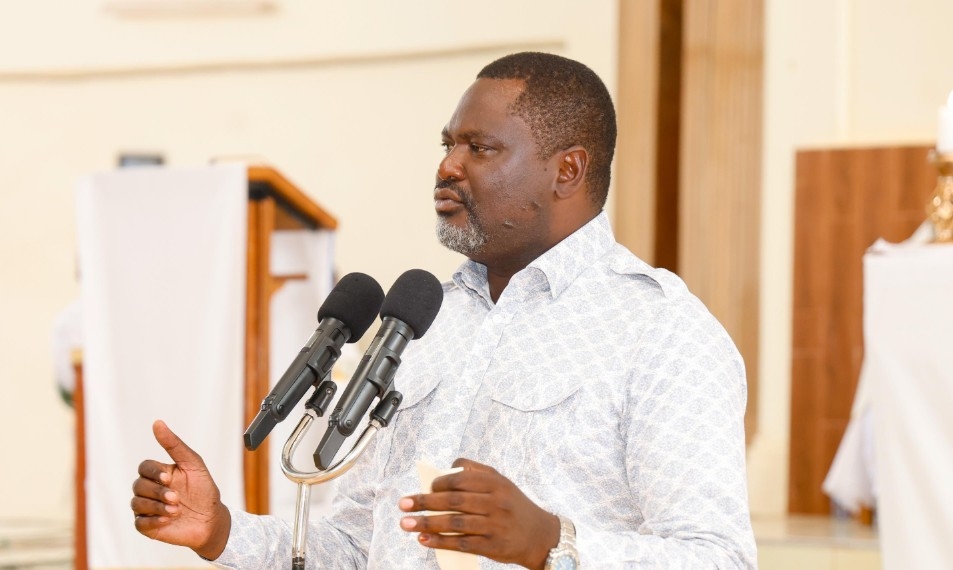UN Secretary-General Antonio Guterres on Monday called for the "wholesale reform" of the global financial architecture and specifically, its approach to debt.
He made the appeal at a high-level thematic debate on debt sustainability and socio-economic equality for all, which marks the beginning of the first-ever UN General Assembly Sustainability Week.
"From enhancing debt transparency, to scaling-up lending in local currencies, to developing new debt instruments and faster and fairer restructuring processes, we need to find new ways for countries to borrow boldly and sustainably in times of need," he said.
Above all, there is a need to increase developing countries' representation across the international financial system and every decision that is made, said the UN chief.
"They need a seat at the table. They deserve a seat at the table. It's far past time." Guterres also asked for efforts to bring to life the SDG Stimulus of at least 500 billion U.S. dollars a year in financing for developing countries, which world leaders agreed on at the SDG Summit in September 2023.
"We must dramatically scale up affordable, long-term financing, primarily through multilateral development banks (MDBs). I renew my calls for recapitalizing MDBs and re-channeling unused Special Drawing Rights for countries in need," he said.
There is also a need to find ways to leverage the vast sums of callable capital that the shareholder countries of MDBs have at the ready, sitting in central banks, he said.
"This means working with MDBs, central banks and credit rating agencies to greenlight greater volumes of low-cost lending by MDBs to support developing countries as they invest in development."
"And we must go further in deploying innovative financing mechanisms, such as hybrid capital bonds to increase lending capacity and attract more private capital to projects and expand the size and reach of loans. At the same time, we must ensure that any new concessional financing doesn't evaporate in debt service payments," said Guterres.
He renewed his call to creditors to explore debt pauses for vulnerable countries; urged international financial institutions to help countries restructure their debt to create space for urgent investments; and called on the International Monetary Fund to temporarily suspend interest rate surcharges at this time of constrained liquidity.
"Developing countries need a lifeline to pull themselves out of the quicksand of debt," he said.
The global financial system is broken, but not beyond repair. The world cannot afford to continue throwing developing countries' plans and futures onto a raging bonfire of debt, said Guterres.












![[PHOTOS] Ruto present as NIS boss Noordin Haji's son weds](/_next/image?url=https%3A%2F%2Fcdn.radioafrica.digital%2Fimage%2F2025%2F11%2Ff8833a6a-7b6b-4e15-b378-8624f16917f0.jpg&w=3840&q=100)




